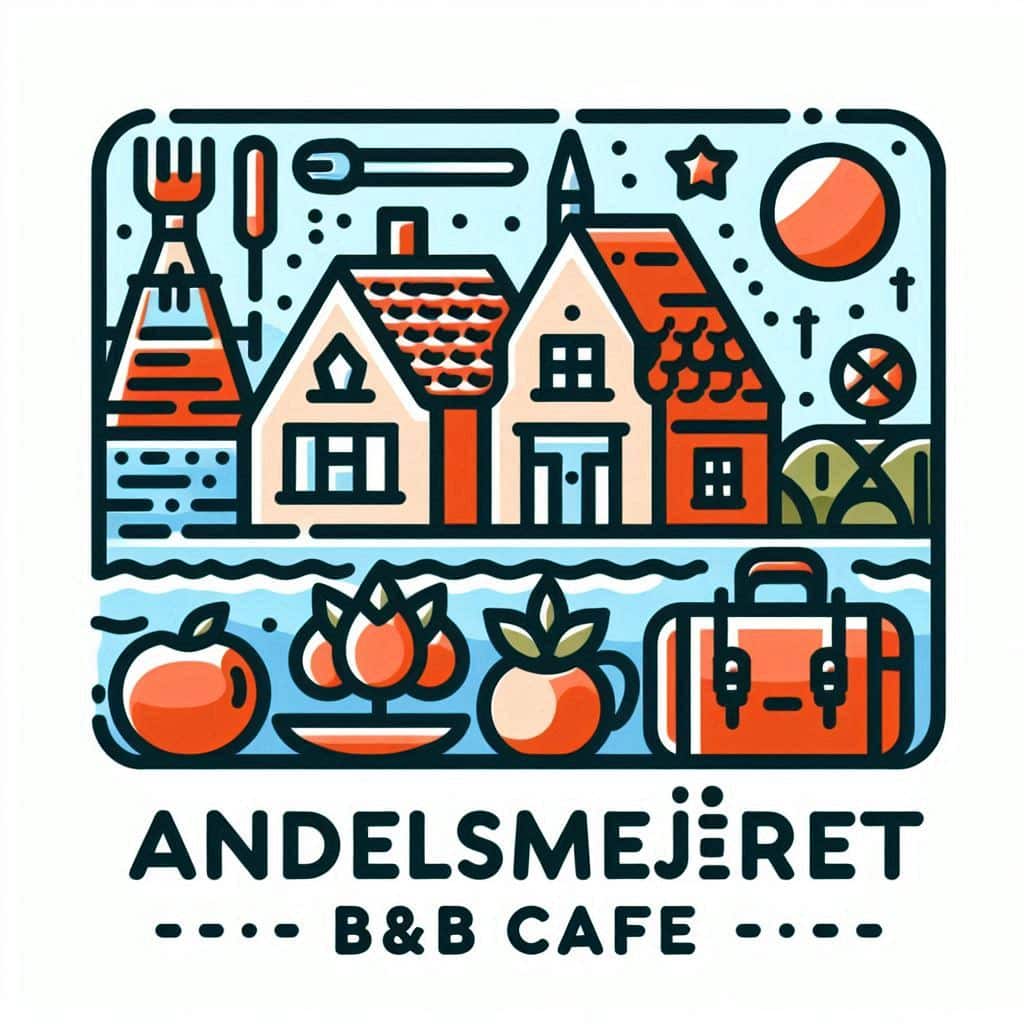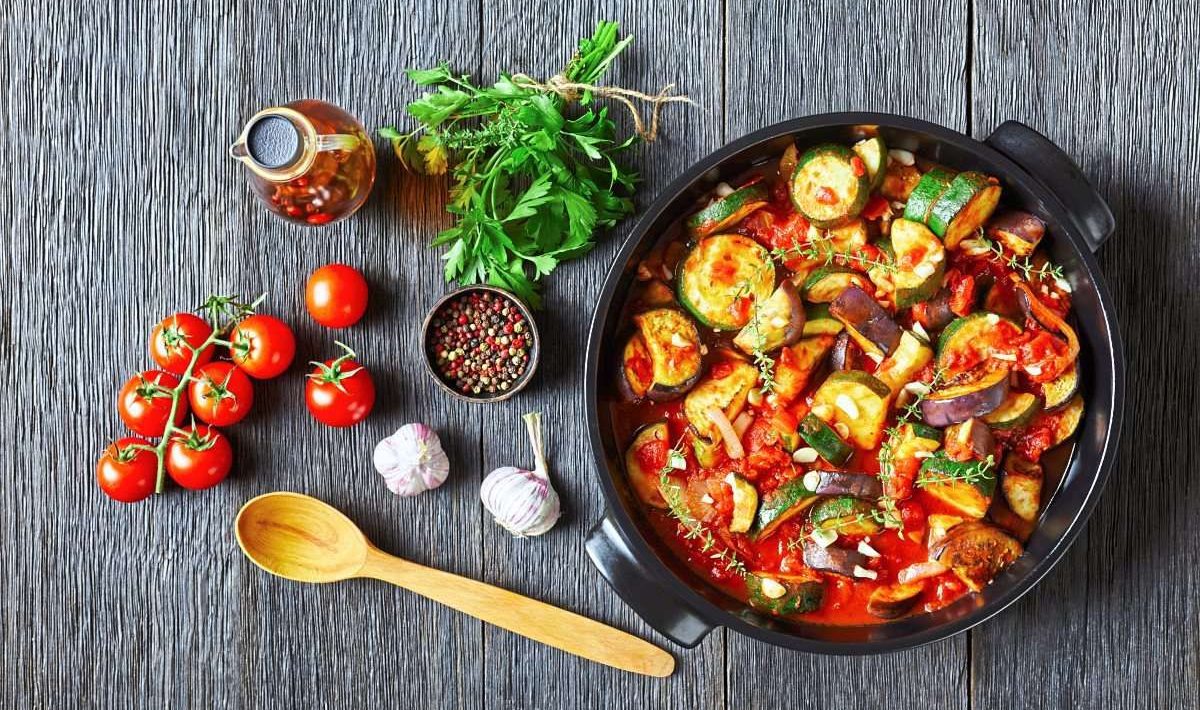In fact, in the Mediterranean countries, people eat very differently. What is behind this?
The code ”Mediterranean diet” means lots of vegetables, legumes, whole grains and olive oil. There is also a moderate amount of fish and dairy products, and red meat is rare. Sugar is also consumed in small quantities, alcohol is allowed, but also in moderation, and especially red wine. No one can say for sure where this expression comes from; it probably took root in the 1970s and is based on (alleged) eating habits in Crete and southern Italy in the 1950s and 1960s.
There is no single definition
The problem is that this is where the specific information ends. ”The Mediterranean diet has never been more precisely defined,” says Susanne Domkar, spokesperson for Dietology Austria and nutritionist at the FH campus in Vienna. And: ”Although there are many scientific studies examining this form of nutrition, the evidence is still scant. These studies simply cannot be compared with each other, because essentially each of them is based on different definitions.”
Another problem: Although the form of the diet largely corresponds to the recommendations for a healthy diet, the amount is not specified. Although terms such as ”moderate”, ”rare” and ”little” can still be fairly classified, quantitative instructions for olive oil are completely missing. Domkar says: ”Extra virgin olive oil is, in principle, a very good source of fat. However, it should not be consumed in large quantities, it always depends on the dose.”
The ”Mediterranean Diet” code is now so ingrained that doctors recommend it without question. It could also be due to the huge media success of the so-called “blue zones” – the five areas on earth that are home to a particularly large number of healthy people over 100. Two of these “blue zones” are in the Mediterranean: the Greek island of Ikaria and southern Sardinia. There’s just one problem: the large number of very old but healthy people probably has nothing to do with their diet. Rather, it’s more likely to be due to pension scams and the lack of birth certificates, as DER STANDARD reported here.
A Romanticized Idea
Why is the diet so popular and so widely praised? “There’s definitely a romanticized idea of southern life behind it, we all have images in our heads,” says Domkar. But these images don’t necessarily correspond to the principles of the Mediterranean diet; they probably have more to do with pasta and cannoli. The recommendation to eat Mediterranean food is easy to misunderstand.

And there is another inconsistency with this diet: alcohol is a natural part of it. Now, a glass of wine from time to time is not a big deal. ”But there is not a single study that shows that alcohol is good for health. Not even red wine, which is always mentioned. This has recently been shown very clearly,” Domkar emphasizes. On the contrary, as DER STANDARD reports, any amount of alcohol, no matter how small, tends to be harmful .
With these restrictions in mind, Domkar considers the diet known as the Mediterranean diet to be quite acceptable: ”It has a lot of foods that we also like to eat. Vegetables and fruits contain many important nutrients and antioxidants, olive oil contains healthy fatty acids. It has now been quite clearly researched that you should only eat a little red meat.” However, she emphasizes that healthy fatty acids can also be obtained from other oils.

